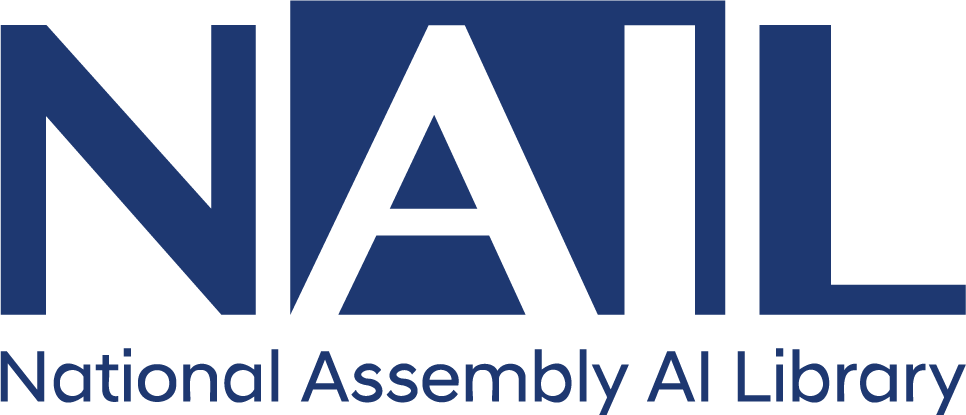목차
Title page 1
Contents 7
Opportunity for comment 3
Terms of reference 4
Executive summary 9
Draft recommendations 10
About this inquiry 13
The data and digital technology opportunity 13
Our package of reforms 14
1. Enable AI's productivity potential 17
Summary 17
Artificial intelligence is part of the solution to anaemic productivity growth 17
The PC's blueprint for AI regulation 25
Case study: copyright law in the age of AI 32
2. New pathways to expand data access 37
Summary 37
Data about you should be available for you to use 38
New regulatory pathways to expand data access 45
What might new access pathways look like? 51
3. Supporting safe data access and use through outcomes-based privacy regulation 59
Summary 59
The Privacy Act in a changing data landscape 61
Renewing the focus on privacy outcomes 66
Proposed reforms risk entrenching existing problems 72
4. Enhance reporting efficiency, transparency and accuracy through digital financial reporting 77
Summary 77
We are forgoing the benefits of digital financial reporting 78
Digital financial reporting should be the default 84
The PC is seeking feedback on implementation issues 90
Appendices 94
A. Public consultation 95
B. Modelling the benefits of data and digital reforms 103
B.1. Summary 103
B.2. Improved use of data 104
B.3. Reducing privacy compliance burdens 106
B.4. Estimating the productivity effects of AI 108
Abbreviations 114
References 116
Tables 31
Table 1.1. AI specific regulation is relatively rare globally 31
Table 2.1. Alternative data access tools and methods 41
Table 2.2. Data types that are in and out 48
Table 2.3. Considerations for assessing the data access readiness of sectors 56
Table 3.1. Key recommendations from the Privacy Act Review 72
Figures 14
Figure 1. Four reform areas to support productivity growth 14
Figure 1.1. A range of questions should be answered before regulation is considered 26
Figure 2.1. Types of data access 39
Figure 2.2. Governance approaches to data access 45
Figure 2.3. Potential new data access pathways 52
Figure 3.1. Design options 69
Figure 3.2. The requirements of the different obligations 70
Figure 4.1. The benefits of digital financial reporting would accrue to multiple parties 81
Boxes 15
Box 1. What makes data unique? 15
Box 1.1. How large is the productivity dividend from AI? 18
Box 1.2. What is artificial intelligence? 19
Box 1.3. AI could change the pace of scientific progress 20
Box 1.4. How might AI change the mix of roles people work in? 21
Box 1.5. Is Australia already lagging in AI take-up? 25
Box 1.6. What are fair dealing exceptions? 34
Box 1.7. Text and data mining around the world 35
Box 2.1. What do we mean by data access? 39
Box 2.2. CDR is making headway after a slow and bumpy start 40
Box 2.3. What to do with screen scraping? 42
Box 2.4. Examples of the re-collection of data that already exists 43
Box 2.5. The role of data intermediaries 50
Box 2.6. Continue to course correct existing data sharing initiatives 53
Box 2.7. The Australian Farm Data Code 54
Box 3.1. What is privacy? 60
Box 3.2. How does the Privacy Act work and who is covered? 61
Box 3.3. The cost of protecting privacy 62
Box 3.4. What is the difference between flexible and outcomes-based regulation? 64
Box 3.5. Financial services: replacing disclosure with a best interest duty 66
Box 3.6. Examples of dual-track compliance regimes in Australia 68
Box 3.7. Examples of duties and obligations 70
Box 3.8. Concerns about the cost-benefit analysis for the Privacy Act Review 73
Box 3.9. How has the GDPR affected European businesses 74
Box 4.1. What are financial reports and annual reports, and who prepares them? 79
Box 4.2. Why it is easier to extract and analyse data from digital financial reports 80
Box 4.3. Participants identified a range of benefits of digital financial reporting 82
Box 4.4. Globally, voluntary reporting schemes have seen minimal uptake 86
Box 4.5. Inquiry participants envisaged using digital financial reports alongside AI 88
Box 4.6. International evidence indicates that the cost of preparing digital financial reports is not excessive 89
Box 4.7. Institutional support for data quality is important 90
Appendix Tables 95
Table A.1. Consultations 95
Table A.2. Questionnaire responses 98
Table A.3. Submissions 100
Table B.1. Compliance costs for the largest firms may be on the order of $2B annually 108
Table B.2. AI may increase productivity by several percentage points 109
Appendix Figures 104
Figure B.1. Significant opportunities are available 104
Figure B.2. AI is likely to contribute at least 2.3% to multifactor productivity 112



